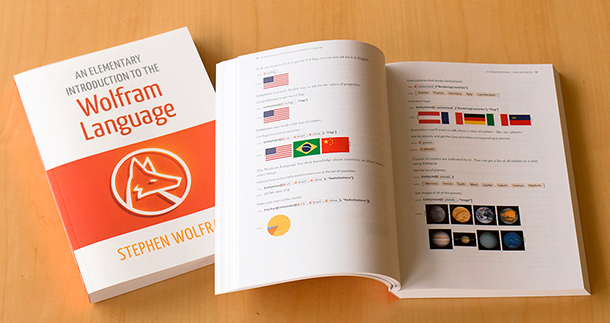Today is the 200th anniversary of the birth of George Boole. In our modern digital world, we’re always hearing about “Boolean variables”—1 or 0, true or false. And one might think, “What a trivial idea! Why did someone even explicitly need to invent it?” But as is so often the case, there’s a deeper story—for Boolean variables were really just a side effect of an important intellectual advance that George Boole made.
When George Boole came onto the scene, the disciplines of logic and mathematics had developed quite separately for more than 2000 years. And George Boole’s great achievement was to show how to bring them together, through the concept of what’s now called Boolean algebra. And in doing so he effectively created the field of mathematical logic, and set the stage for the long series of developments that led for example to universal computation.
When George Boole invented Boolean algebra, his basic goal was to find a set of mathematical axioms that could reproduce the classical results of logic. His starting point was ordinary algebra, with variables like x and y, and operations like addition and multiplication.
At first, ordinary algebra seems a lot like logic. After all, p and q is the same as q and p, just as p×q = q×p. But if one looks in more detail, there are differences. Like p×p = p2, but p and p is just p. Somewhat confusingly, Boole used the notation of standard algebra, but added special rules to create an axiom system that he then showed could reproduce all the usual results of logic.
Boole was rather informal in the way he described his axiom system. But within a few decades, it had been more precisely formalized, and over the course of the century that followed, a few progressively simpler forms of it were found. And then, as it happens, 15 years ago I ended up finishing this 150-year process, by finding—largely as a side effect of other science I was doing—the provably very simplest possible axiom system for logic, that actually happens to consist of just a single axiom.

Continue reading






![In[1]:= CloudDeploy[APIFunction[{}, 1 &]] In[1]:= CloudDeploy[APIFunction[{}, 1 &]]](https://content.wolfram.com/sites/43/2015/04/cloud-bug-hunting-in1.png)




